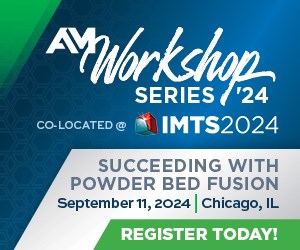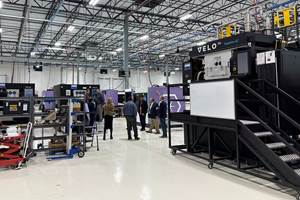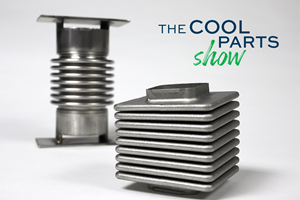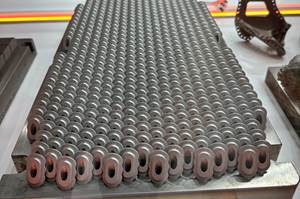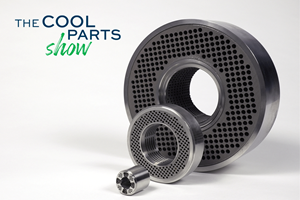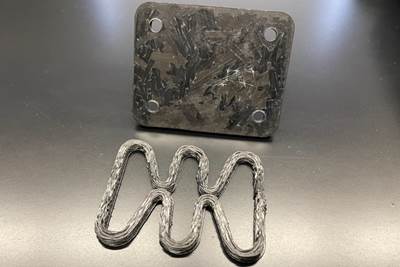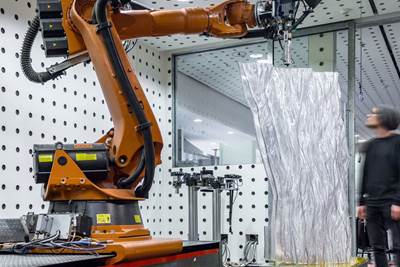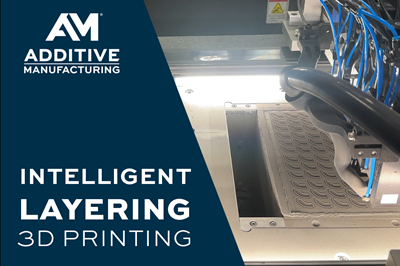Acquisition Brings DMLS Capability into M2M Group
Atlantic Precision joins a group of multiple machining businesses. Prior to landing this acquisition, the group had been prepared to launch additive manufacturing internally and proceed through the learning curve with this approach to making parts.
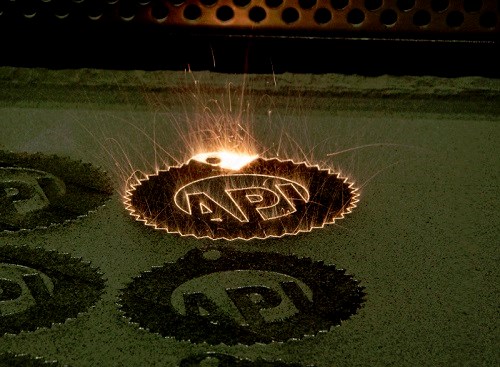
Generation Growth Capital Fund is an investment group managed out of Milwaukee and Chicago that aims to develop the unrealized value of small- to mid-size manufacturing businesses. We first wrote about the fund here. The firm has sought to acquire contract manufacturing businesses featuring both attractive machining capabilities and strong customer relationships in important markets. As of the beginning of this year, it had integrated four such machine shops into a multi-site manufacturing organization called the M2M Group.
As a whole, these four formerly independent shops provide capabilities that range through large-part machining, micromachining, multitask and five-axis machining, and rapid prototyping of both machined parts and castings. Bringing these companies together into one group enables them not only to leverage one another’s resources, says Generation Growth Capital Fund managing director John Reinke, but also to realize efficiencies by adopting an organization-wide set of best practices and sharing certain quality, management and back office expenses. The aim, he says, is to build a contract manufacturing organization able to serve OEM customers throughout the entire manufacturing process from early prototyping to mature production. Until recently, though, there seemed to be a piece missing.
Mr. Reinke says, “The thing keeping me up at night was: What’s going on with additive manufacturing?”
Now, the M2M Group will discover the answer to that question. The fifth company to be acquired into the group is Atlantic Precision Inc. (API) of Port St. Lucie, Florida, a machining business that also additively manufactures metal parts through direct metal laser sintering, or DMLS.
That API became available for acquisition was a welcome development, Mr. Reinke says. The company was already known to his group. M2M company Tri Aerospace had active projects with API and a track record of working with this company for metal prototype parts and short-run production runs, particularly for the jet engine industry. Before API was a candidate to be bought, Mr. Reinke had been searching for the way to add additive manufacturing of metal parts to the M2M stable, and the findings of his search say something about the state of additive manufacturing as a production option today.
In general, he says, the companies he found were just starting out. It was difficult to find an additive manufacturing provider of the right size to be acquired by his fund that was anything more than a recently launched or recently reinvented company. Through acquisition, he hoped for the M2M Group to avoid the learning curve of additive manufacturing, but what he consistently found were companies going through that same learning curve themselves. Therefore, he had all but resolved to launch additive manufacturing as a green-field project within one of the existing M2M businesses.
Then the group heard from API. The company is distinctive for the length of time it has offered additive manufacturing services to industrial customers, he says. To an extent, at least, it has been through the learning curve.
And it has been through this curve alongside customers. This is also key, he says. The trial-and-error requires customers who are willing to go through the process along with the supplier. API has the customers who had that willingness, and as the result of working closely together to make important strides forward in understanding additive manufacturing, API now has particularly strong customer relationships.
One anecdote illustrates how quickly events are moving related to this method of making parts, Mr. Reinke says. While the acquisition was under way, a customer asked API to purchase another DMLS machine so the shop would have additional capacity for upcoming work. As the potential purchaser, Mr. Reinke’s fund had to react along with API to this request. Thus, the terms of the still-unfinished acquisition were rewritten so that this machine purchase could go ahead.
Related Content
Zeda AM Production Plant in Ohio Now Open — Thoughts on the New Facility
73,000-square-foot metal powder bed fusion plant includes extensive machining capability plus separate operational models for serving medical versus other businesses.
Read MoreFlexible Bellows Made Through Metal 3D Printing: The Cool Parts Show #64
Can laser powder bed fusion create metal parts with controlled flexibility? We explore an example in this episode of The Cool Parts Show.
Read More8 Cool Parts From Formnext 2023: The Cool Parts Show #65
New additive manufacturing technologies on display at Formnext were in many cases producing notable end-use components. Here are some of the coolest parts we found at this year’s show.
Read MoreVariable Resistance Valve Trim Achieves Lead Time Reduction Through AM: The Cool Parts Show #69
Baker Hughes is realizing shorter lead times and simplified manufacturing through powder bed fusion to produce valve trims previously assembled from many machined metal parts.
Read MoreRead Next
To Improve Performance of Compression Molded Composites, Add 3D Printed Preforms
9T Labs' Additive Fusion Technology enables the manufacture of composite structures with as much or as little reinforcement as is necessary, using 3D printed continuous fiber preforms to add strength just where needed.
Read More3D Printing Brings Sustainability, Accessibility to Glass Manufacturing
Australian startup Maple Glass Printing has developed a process for extruding glass into artwork, lab implements and architectural elements. Along the way, the company has also found more efficient ways of recycling this material.
Read MoreVideo: Intelligent Layering Metal 3D Printing at 3DEO
Contract manufacturer 3DEO delivers metal parts using Intelligent Layering, a binder jetting-like 3D printing process the company developed and operates internally. Here’s how it works.
Read More
.jpg;width=70;height=70;mode=crop)
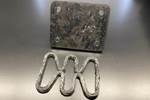

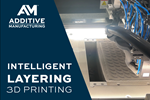



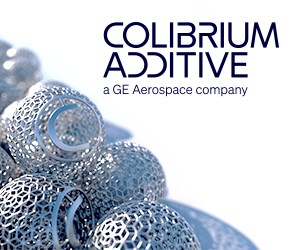
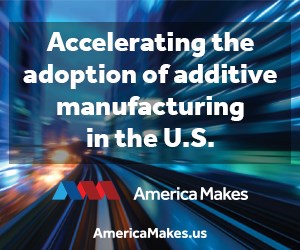
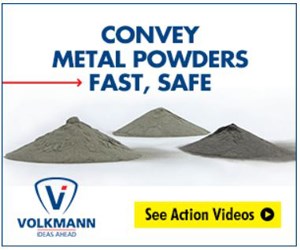

.png;maxWidth=300;quality=90)

